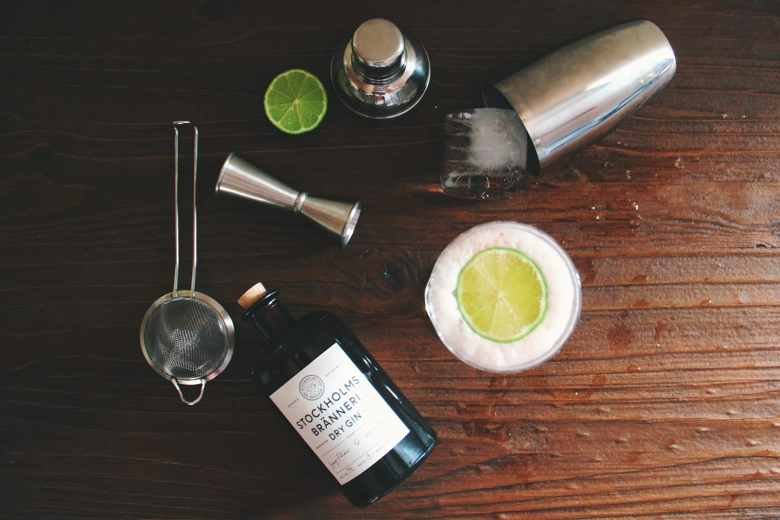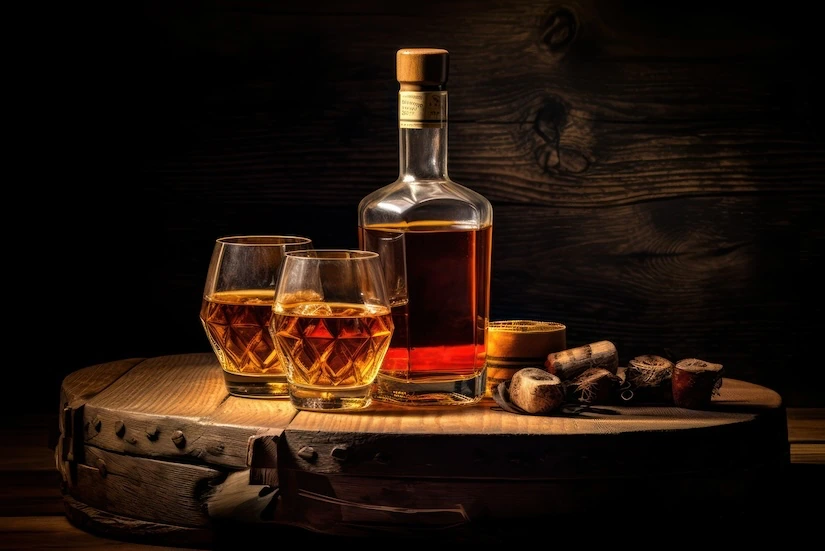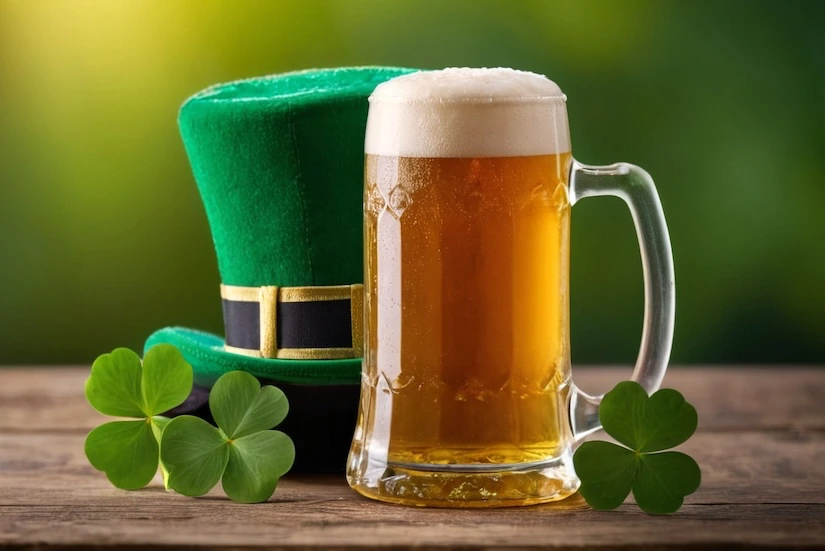Shaken or Stirred: The Great Debate & Why It Matters
The debate between shaking and stirring a cocktail is one of the oldest in the world of mixology. This debate was famously encapsulated by James Bond's iconic preference for his martinis to be "shaken, not stirred."
While some purists argue that a martini should always be stirred, others prefer their drinks shaken. The choice between shaking and stirring a cocktail can significantly affect its taste, texture, and appearance.
Understanding the Differences
Shaking a cocktail involves combining all ingredients in a shaker filled with ice, then shaking vigorously. This process chills the drink rapidly, while simultaneously diluting and aerating it. Shaking is best suited for cocktails with a mix of dense ingredients such as fruit juices, cream, or egg whites. The vigorous motion ensures that all components are thoroughly mixed, creating a uniform flavor and a slightly frothy texture.
Stirring, on the other hand, is a more gentle technique, ideal for cocktails composed primarily of spirits. To stir a drink, mix the ingredients in a glass filled with ice using a long spoon. This method chills the cocktail without introducing too much air, preserving the clarity and subtle flavors of the spirits. Stirring is typically used for "clear" cocktails, such as martinis or Manhattans, where the emphasis is on the spirits themselves.
When to Shake
Choose to shake your cocktail when it includes mixers with different densities, such as fruit juices, syrups, creams, or egg whites. The shaking action emulsifies these ingredients, creating a cohesive, flavorful concoction. Cocktails like Margaritas, Whiskey Sours, and Daiquiris will benefit from shaking, resulting in a vibrant, frothy, and well-chilled drink.
When to Stir
Stirring is preferred when crafting cocktails that are spirit-forward, such as the classic Martini or the Old Fashioned. These drinks benefit from the gentle dilution and cooling that stirring provides without clouding the mixture. If your cocktail consists mainly of clear liquors and aims for a smooth, refined texture, stirring is the way to go.
The James Bond Effect
The phrase "shaken, not stirred" became synonymous with the suave and unorthodox James Bond, introduced by Ian Fleming in his spy novels and immortalized by the film series. Despite traditional bartending advice, Bond's preference suggests a cooler, more aerated drink, adding to his unique and rebellious character. While a stirred martini is traditionally seen as superior by many connoisseurs, the "Bond effect" has popularized the shaken martini, introducing a cultural twist to the art of mixology.
Conclusion
Whether to shake or stir a cocktail depends largely on the ingredients and the desired outcome. Shaking is best for ingredients that are hard to mix or when a frothy texture is desired. Stirring is suited for cocktails where clarity and subtle flavors are paramount. Ultimately, the method should enhance the natural beauty and taste of the drink. Experiment with both techniques to discover how they alter the flavor and presentation of your cocktails.
Cocktail Friend fully supports any style you prefer, so get out there and make it your own!
Cocktail Friend is here to help!
We have over 16,000 cocktail recipes and we intend to grow. We also have a growing collection of curated articles.
Don't see a drink or thing one should be updated?
Reach Out and let us know.
Note: Don't forget to review the drinks you love, stock your Cocktail Friend Cabinet, and share your favorites with your friends.

We've compiled the 'must-have' tools & supplies for crafting your next drink. We'll also show you where to find the best deals.
We've compiled the 'must-have' tools & supplies for crafting your next drink. We'll also show you where to find the best deals.

We delve into the fascinating journey of rum, from its earliest beginnings to its current status as a beloved beverage worldwide.
We delve into the fascinating journey of rum, from its earliest beginnings to its current status as a beloved beverage worldwide.

Shamrocks & Spirits: A History of St. Patrick's Day
Shamrocks & Spirits: A History of St. Patrick's Day
Explore St. Patrick's Day's history, from its religious roots to global festivities, and the significance of its drinking traditions.
Explore St. Patrick's Day's history, from its religious roots to global festivities, and the significance of its drinking traditions.